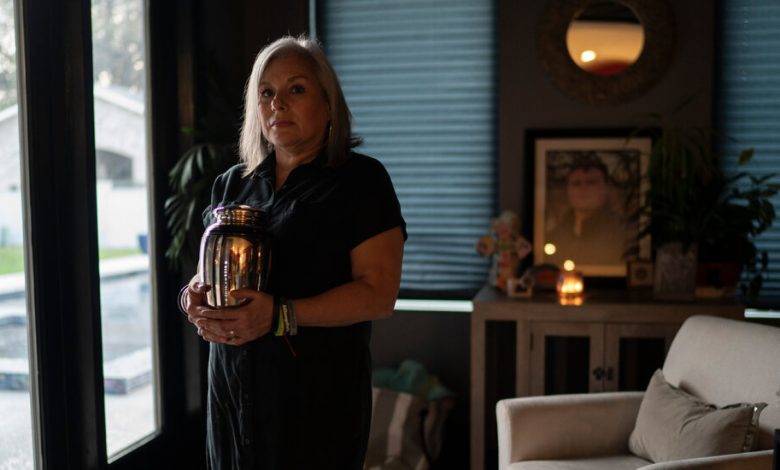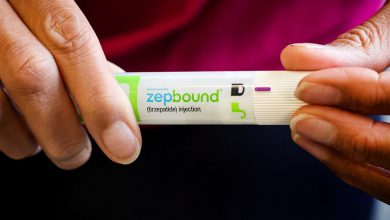Overdose or Poisoning? A New Debate Over What to Call a Drug Death.

The death certificate for Ryan Bagwell, a 19-year-old from Mission, Texas, states that he died from a fentanyl overdose.
His mother, Sandra Bagwell, says that is wrong.
On an April night in 2022, he swallowed one pill from a bottle of Percocet, a prescription painkiller that he and a friend bought earlier that day at a Mexican pharmacy just over the border. The next morning, his mother found him dead in his bedroom.
A federal law enforcement lab found that none of the pills from the bottle tested positive for Percocet. But they all tested positive for lethal quantities of fentanyl.
“Ryan was poisoned,” Mrs. Bagwell, an elementary-school reading specialist, said.
As millions of fentanyl-tainted pills inundate the United States masquerading as common medications, grief-scarred families have been pressing for a change in the language used to describe drug deaths. They want public health leaders, prosecutors and politicians to use “poisoning” instead of “overdose.” In their view, “overdose” suggests that their loved ones were addicted and responsible for their own deaths, whereas “poisoning” shows they were victims.
“If I tell someone that my child overdosed, they assume he was a junkie strung out on drugs,” said Stefanie Turner, a co-founder of Texas Against Fentanyl, a nonprofit organization that successfully lobbied Gov. Greg Abbott to authorize statewide awareness campaigns about so-called fentanyl poisoning.
“If I tell you my child was poisoned by fentanyl, you’re like, ‘What happened?’”, she continued. “It keeps the door open. But ‘overdose’ is a closed door.”



